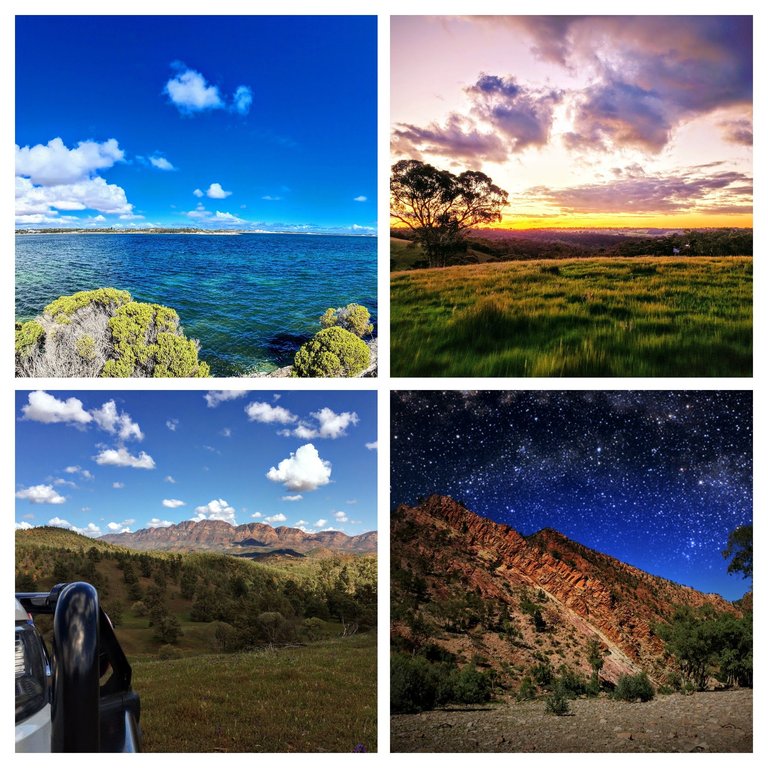
I feel better out there in the wilderness, more connected to the planet and myself which is something I don't feel as deeply in the city - The further away from civilisation the better. It's somewhat of an adrenaline rush sometimes, especially when off-road driving is challenging and dangerous which is often, but it's not just that and nature which attracts me, it's the fact I have to be more self-reliant, better prepared and skilled, and that keeps me learning.
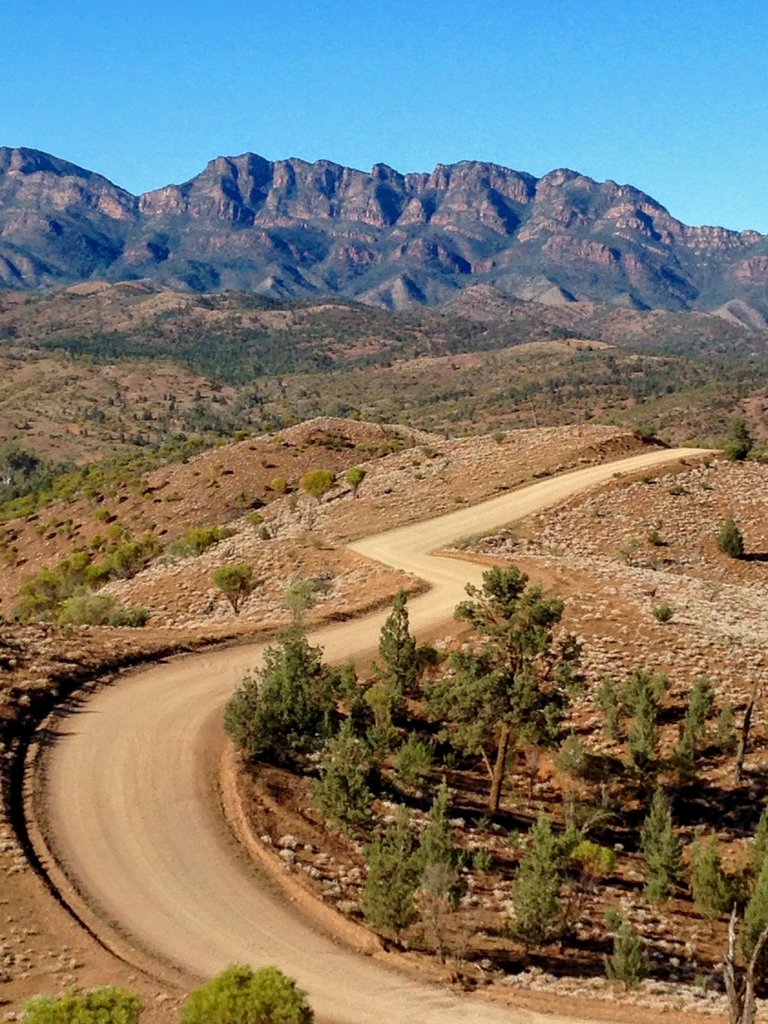
Safety is a strong focus out there, I've seen many people come to grief through inexperience, a poorly prepared vehicle, stupidity and plain old bad luck; sure, I've damaged my vehicles at times but mostly I've had a trouble-free run and I put it down to preparedness, seeking the skills required and to ensuring my vehicles are capable (which they are not when they come out of the new car dealership).

Having said all that, what can make all the different when out there (and things go wrong) whether through stupidity, chance or lack of experience, is a proper tool kit; I mean the proper equipment and the ability to use it. I figured I'd do a short post on the basics (in my opinion) so here goes.
The absolute essentials
- Air compressor and tyre repair kit: This is required because punctures (staking) happens and one needs to reduce tyre pressures to suit the terrain being traversed. The bulk of off-road problems arise from the wrong tyre pressures at the wrong time.
- Recovery gear: Winch, snatch straps, D-shackles and winch blocks, recovery tracks, high-lift jacks and other such items are the bare minimum for off-roaders. I buy the best available because the alternative could mean the loss of a vehicle or huge expense in having to call someone out to extract my vehicle.
- Shovel, axe (and sometimes chainsaw): Digging oneself out of trouble and road-building are inevitable for those going to remote places. Trees fall too, so axes and chainsaws come in handy.
- Navigation and communication: Maps (paper and digital), GPS (SATnav), a compass, UHF and SATphone and a GPS personal location device (EPIRB/PLB) are critical. Breakdowns and getting bogged happens sometimes to the point where self-help won't help and that's when decent communications come into play...and navigation? Well, Australia is big, fucken big, so getting lost and being ill-prepared means death usually; I'd rather call for help than perish.
- Portable power: I have a portable power bank which will jump start my vehicle if needed (and power other things) and I also have two batteries on my vehicle so can jump the cranking battery off the deep-cycle battery if needed as well.
Ok, I said those above are absolutely essential but I also think these are too, you'll see my point as you read.
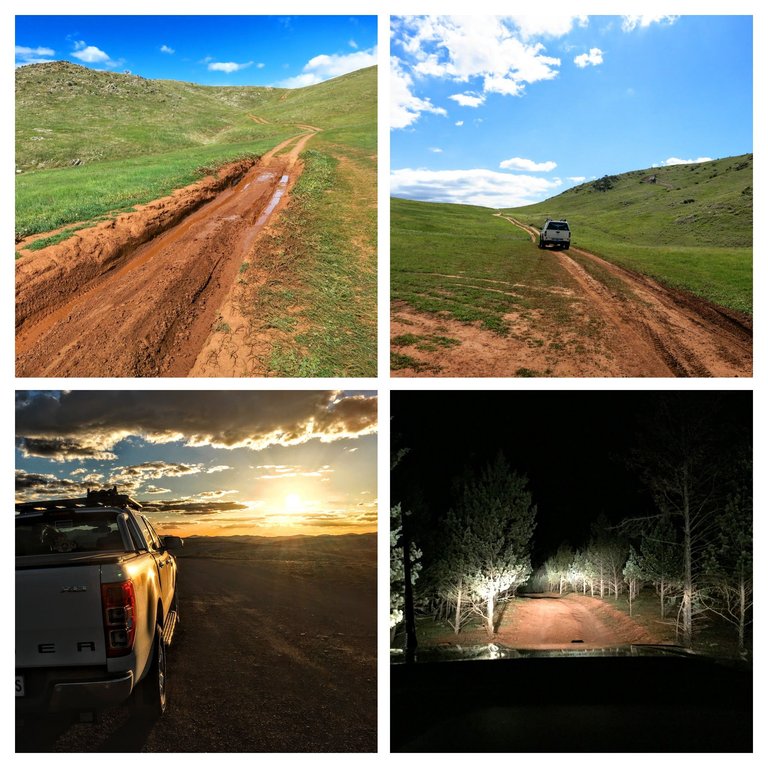
Also absolutely essential
- First aid kit: I don't mean a box of Panadol and a bandaid, I mean a comprehensive kit and the ability to use it. Further to the general things found in a first aid kit should be sunblock, cold and flu medications, personal medications like insulin, a snake bite kit (it's Australia remember - loads of deadly shit) and other such things.
- Water: I don't think I need to elaborate. Five litres per person per day is the starting point and then an emergency supply also...plus Lifestraws and the ability/skill to find water as well.
- Food: This sounds like a no-brainer but so many are ill-prepared. Enough to survive plus an emergency store is the minimum and it needs to be non-perishable, high energy and protein foods work well as do freeze-dried/dehydrated meals, nuts and stuff like that.
- Shelter: I'm talking about shelter from the sun (fucken hot as fuck in Australia) and the cold as well - Our deserts are hot in the day and bloody cold at night, storms happens, it can snow in places and temperatures can plummet.
- Fire and flares: Fire is life. One must have several ways of making it and at least one of which needs to be wind and waterproof. It's for warmth, cooking, boiling water to clean it and signaling, keeping the animals that might bite away also, but that'll not stop a crocodile ok? I also take flares and chem-lights.
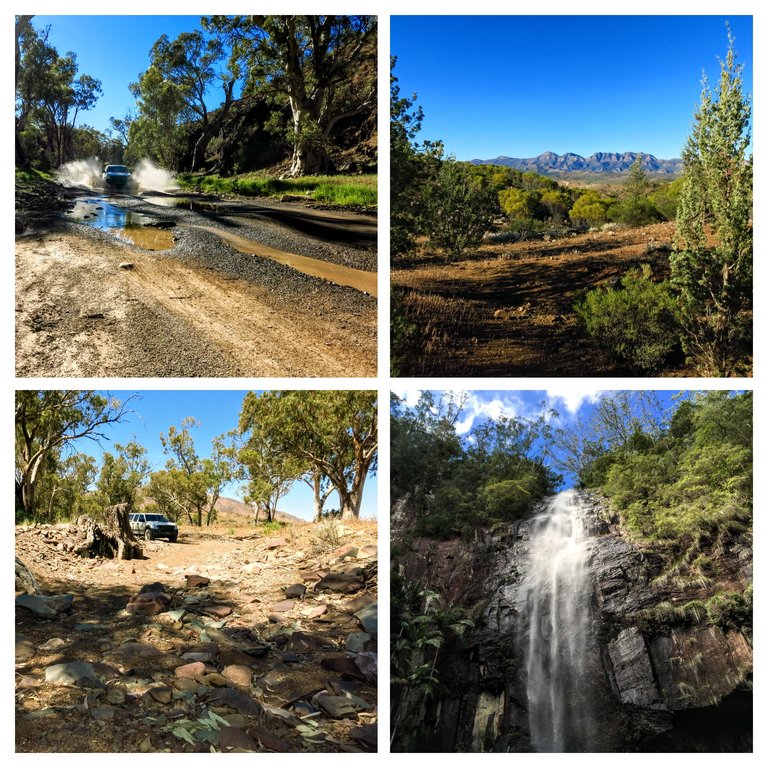
This would be a long list if I added everything I take although some things I don't take on every trip (like a SATphone) depending on where it is. It's important to know what needs to go where, that each item is of good quality and is reliable, robust and that one knows how to use it! An off-road GPS navigation system (not those shit versions they have in cars) can be complicated; waiting until one is lost to work out how to use it is stupid - the same can be said for paper maps and a compass. No point having them if one doesn't know how to use them.
I've only outlined the basics here and could go into detail on each thing in individual posts I guess, but you'd all probably be asleep halfway through the first one. I haven't mentioned so many things (solar charging, torches, hand tools, car parts and spares, making sure GPS software and maps are updated, road/weather information...there's so much more.)
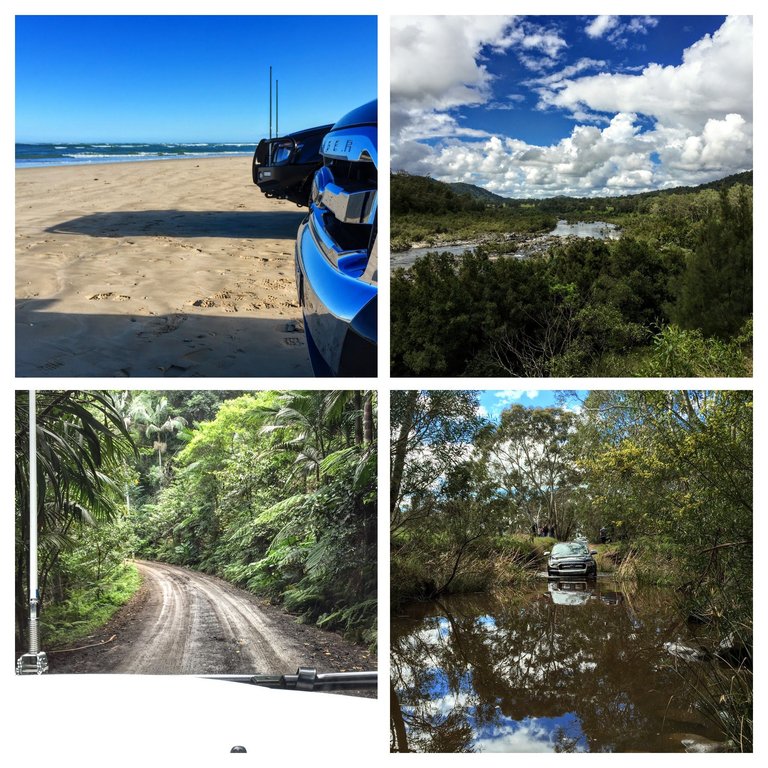
The important thing is having the right things and the ability to use them.
It's also critical to have a pre-trip inspection of everything (first aid kits go out of date, batteries deplete, equipment gets old etc.) and that means the vehicles and a refresher on the individual's skills as well. I suggest a check-list and even after all these years I still do them when doing a pre-trip gear-up. I still forget things, but it's rare.
So that's it I guess. Off-roading isn't at all about drinking a case of beer and driving a four wheel drive through some puddles of mud, it's a serious thing that can (and has) killed people who are stupid, unskilled or ill-prepared. That's not me.
Design and create your ideal life, tomorrow isn't promised - galenkp
Want a free Hive account? Click Here
[Original and AI free]
Image(s) in this post are my own




